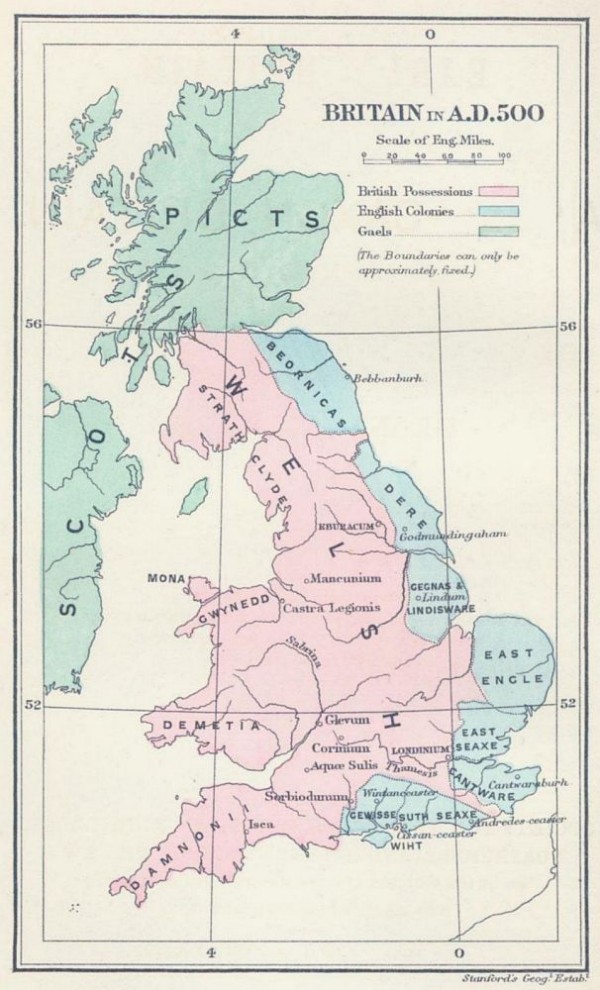LibreOffice 24.2 released
The blog of The Document Foundation (TDF), the German-based organisation behind the free and open source LibreOffice suite of productivity software, has today announced the release of LibreOffice 24.2 Community for all major operating systems – Linux. MacOS (Apple and Intel processors) and Windows (Intel, AMD and ARM processors).

This is LibreOffice’s first use the new calendar-based numbering scheme (YY.M) for releases, which it hoped will help users in keeping their LibreOffice installations up to date.
New release highlights – general
- Save AutoRecovery information is enabled by default, and is always creating backup copies. This reduces the risk of losing content for first-time users who are unfamiliar with LibreOffice settings.
- Fixed various NotebookBar options, with many menu improvements, better print preview support, proper resetting of customised layout, and enhanced use of radio buttons. This improves the experience for users familiar with the Microsoft Office UI.
- The Insert Special Character drop-down list now displays a character description for the selected character (and in the tooltip when you hover over it).
Writer
- “Legal” ordered list numbering: make a given list level use Arabic numbering for all its numeric portions.
- Comments can now use styles, with the Comment paragraph style being the default. This makes it easier to change the formatting of all comments at once, or to visually categorise different types of comments.
- Improved various aspects of multi-page floating table support: overlap control, borders and footnotes, nesting, wrap on all pages, and related UI improvements.
Calc
- A new search field has been added to the Functions sidebar deck.
- The scientific number format is now supported and saved in ODF: embedded text (with number format like ###.000E0); lower case for exponent (with number format like ###.000e0); exponent with empty ‘?’ instead of ‘0’ (with number format like 0.00E+?0).
- Highlight the Row and Column corresponding to the active cell.
Draw
- The handling of small caps has been implemented for Impress.
- Moved Presenter Console and Remote control settings from Tools > Options > LibreOffice Impress to Slide Show > Slide Show Settings, with improved labelling and dialogue layout.
- Several improvements and fixes to templates: added and improved placement of various placeholders; fixed order of slides; made fonts and formatting consistent; fixed styles and their hierarchy; improved ODF compliance; made it easier to use templates in languages other than English; fixed use of wrong fonts for CJK and CTL.
Accessibility
- Several significant improvements to the handling of mouse positions and the presentation of dialogue boxes via the Accessibility APIs, allowing screen readers to present them correctly.
- Improved management of IAccessible2 roles and text/object attributes, allowing screen readers to present them correctly.
- Status bars in dialogue boxes are reported with the correct accessible role so that screen readers can find and report them appropriately, while checkboxes in dialogue boxes can be toggled using the space bar.
Security
- The Save with Password dialogue box now has a password strength meter. This uses zxcvbn-c to determine the password strength.
- New password-based ODF encryption that performs better, hides metadata better, and is more resistant to tampering and brute force.
- Clarification of the text in the options dialogue box around the macro security settings, so that it is clear exactly what is allowed and what is not.
A full description of all the new features can be found in the release notes.
Contributors to LibreOffice 24.2 Community
There are 166 contributors to the new features of LibreOffice 24.2 Community: 57% of code commits come from the 50 developers employed by three companies on the TDF Advisory Board – Collabora, allotropia and Red Hat – or other organisations, 20% from 8 developers at The Document Foundation; the remaining 23% originated from 108 individual volunteers.
An additional 159 volunteers have committed to localisation in 160 languages, representing hundreds of people providing translations. LibreOffice 24.2 Community is available in 120 languages, more than any other desktop software, making it available to over 5.5 billion people worldwide in their native language. In addition, over 2.4 billion people speak one of these 120 languages as a second language.
Interoperability with Microsoft Office
LibreOffice 24.2 offers a number of improvements and new features aimed at users who share documents with or migrate from MS Office A few of the most significant improvements are as follows:
- Writer: improved first page headers/footers OOXML import by using the first page property in the existing page style instead of creating a new page style just for the first page.
- Writer: templates optimised for Japanese text added to the Localisation category to improve interoperability with Microsoft Word for Japanese users.
- Writer: import of “drawing canvas” from DOCX documents, with connectors no longer imported as simple shapes but as true connectors, primitive shapes like ellipses imported as OOXML shapes (text inside the shape can now wrap), and multicolour gradients, theme colours and glow effects for shapes.
- OOXML: support for the SVG OOXML extension, which imports the SVG image (svgBlip element) instead of the fallback PNG, and exports the SVG image in addition to the fallback PNG image used when the svgBlip element is not supported (older MS Office versions).
Your ‘umble scribe is not using the latest official release, but an as-yet unreleased development version. If you would like to help out with LibreOffice testing and development, visit the pre-release versions server and download a development package for your particular operating system.
 Version 122 of the free and open source Firefox web browser was released last week and duly reported by the tech media, including
Version 122 of the free and open source Firefox web browser was released last week and duly reported by the tech media, including 


 A couple from the
A couple from the 

